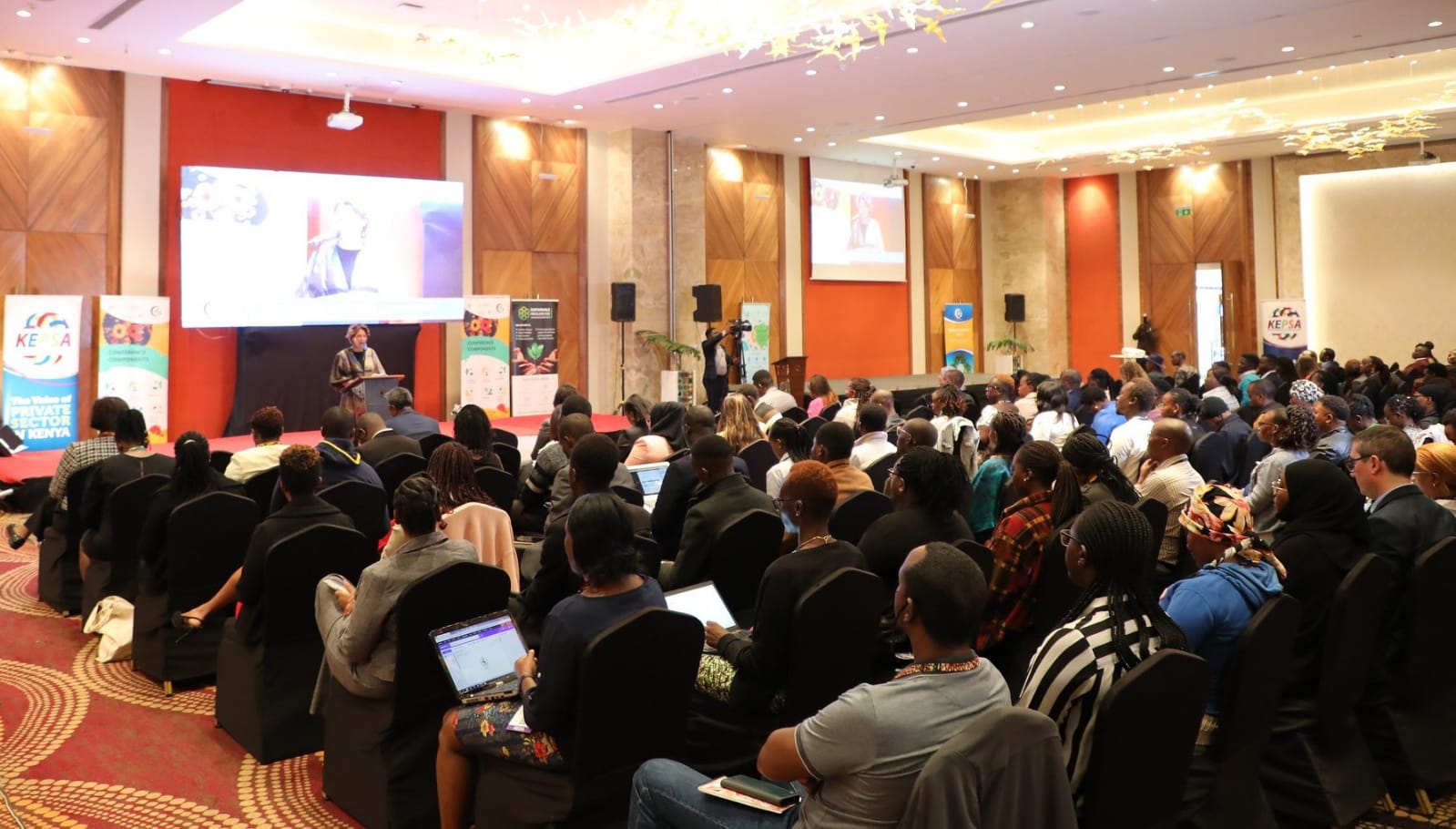In many nations, private sector credit serves as a pivotal catalyst for economic growth, facilitating the efficient allocation of resources towards productive investments. Kenya stands to benefit significantly from enhanced access to private sector credit, fostering real GDP growth and bolstering government revenue. Yet, challenges within Kenya’s private sector credit market must be addressed to fully unlock its potential.
A notable hurdle is the comparatively low credit penetration in Kenya, trailing behind other African countries. According to the World Bank’s latest data, private sector credit extended by banks as a percentage of GDP in Kenya was 31.5% in 2022, below the Sub-Saharan Africa average of 37.1%, as well as South Africa and Mauritius at 92.1% and 79.5%, respectively. This underscores the need for improved credit access, particularly for micro, small, and medium enterprises (MSMEs), constituting 80% of employment and 40% of Kenya’s GDP.
Another challenge lies in the predominant reliance on the banking sector for private sector credit. As of July 2023, the banking sector contributed 82.9% of funds to the private sector, leaving the remainder to sources like microfinance institutions and Savings and Credit Cooperative Organizations (SACCOs). This dependence exposes the private sector to banking sector fluctuations and regulations, impacting credit availability and affordability. Furthermore, the banking sector may struggle to meet diverse sector-specific needs due to varying risk profiles and credit requirements.
To address these issues, the government must foster an enabling environment for private sector growth. This involves formulating policies to improve the credit market and establishing sector-specific funds to stimulate key areas of the economy. Policy enhancements may include strengthening the credit information system, refining the legal and regulatory framework, promoting financial inclusion and literacy, and encouraging innovation and competition among credit providers. Sector-specific funds, such as the Biashara Kenya Fund, SME Credit Guarantee Scheme, Agriculture Sector Development Support Programme, and Kenya Industrial Transformation Programme, can offer crucial support.
These interventions hold promise for bolstering private sector credit growth, evidenced by recent positive trends. Domestic private sector credit increased by 10.4% to KES 4.4 trillion in July 2023 from KES 4.0 trillion in the corresponding period in 2022. The greatest allocations were directed towards private households, trade, manufacturing, and real estate at 26.3%, 14.5%, 13.0%, and 9.9%, respectively. This suggests a responsive private sector, capitalizing on heightened demand, economic opportunities, and improved credit conditions. To enhance credit accessibility further, the government should focus on reducing credit costs, implementing a universal credit scoring system, and expediting the collateral registry process.












